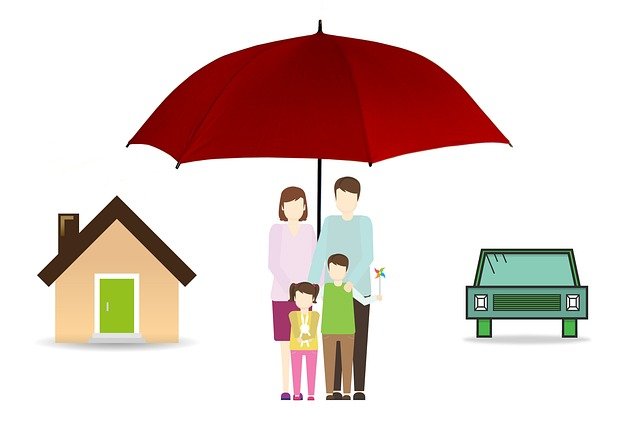Effective Pest Control: Protecting Your Home and Health
Pest control is a crucial aspect of maintaining a safe and comfortable living environment. Whether you're dealing with insects, rodents, or other unwanted creatures, effective pest management is essential for protecting your property and health. This article will explore the importance of pest control, common types of infestations, and strategies for preventing and addressing pest problems.

What are the most common types of pest infestations?
Understanding the types of pests you might encounter is the first step in effective pest control. Some of the most common pest infestations include:
-
Ants: These tiny invaders can quickly establish large colonies in and around your home.
-
Cockroaches: Known for their resilience, cockroaches can spread bacteria and trigger allergies.
-
Rodents: Mice and rats can cause extensive damage and carry various diseases.
-
Termites: These wood-destroying insects can silently compromise your home’s structure.
-
Bed bugs: These parasitic insects feed on human blood and can be challenging to eradicate.
Each type of pest requires a specific approach for effective control and elimination.
How can you prevent pest infestations in your home?
Prevention is key when it comes to pest control. By taking proactive measures, you can significantly reduce the likelihood of an infestation. Some effective prevention strategies include:
-
Sealing entry points: Inspect your home for cracks, gaps, and holes, and seal them to prevent pests from entering.
-
Proper food storage: Keep food in airtight containers and clean up spills promptly to avoid attracting pests.
-
Maintaining a clean environment: Regular cleaning and decluttering can eliminate potential hiding spots for pests.
-
Managing moisture: Fix leaks and address areas of excessive humidity, as many pests are attracted to moisture.
-
Landscaping maintenance: Keep your yard well-maintained and free of debris to reduce outdoor pest populations.
When should you call a professional exterminator?
While many minor pest issues can be addressed with DIY methods, there are situations where professional intervention is necessary. Consider calling an exterminator if:
-
You’ve tried DIY methods without success
-
The infestation is extensive or spreading rapidly
-
You’re dealing with dangerous or hard-to-eliminate pests like bed bugs or termites
-
You have concerns about the safety of pest control methods, especially if you have children or pets
Professional exterminators have the expertise, tools, and access to specialized treatments that can effectively address even the most challenging pest problems.
What are some eco-friendly pest control options?
For those concerned about the environmental impact of traditional pest control methods, there are several eco-friendly alternatives available:
-
Natural repellents: Essential oils like peppermint, eucalyptus, and citronella can deter certain pests.
-
Diatomaceous earth: This natural substance can effectively control insects with exoskeletons.
-
Beneficial insects: Introducing natural predators like ladybugs can help control pest populations in gardens.
-
Neem oil: This plant-based oil can be an effective insecticide for various pests.
-
Biological pest control: Using microorganisms or other living organisms to control pests.
These methods can be effective for minor infestations and are generally safer for the environment and non-target species.
| Pest Control Method | Provider | Key Features | Cost Estimation |
|---|---|---|---|
| Chemical Treatment | Orkin | Comprehensive pest elimination, ongoing protection | $300-$600 per year |
| Eco-Friendly Control | Terminix | Natural and low-toxicity products, safe for pets and children | $400-$700 per year |
| DIY Solutions | Home Depot | Wide range of products for self-application | $50-$200 per treatment |
| Integrated Pest Management | Rentokil | Combines prevention, monitoring, and targeted treatments | $500-$1000 per year |
Prices, rates, or cost estimates mentioned in this article are based on the latest available information but may change over time. Independent research is advised before making financial decisions.
Effective pest control is an ongoing process that requires vigilance, prevention, and sometimes professional intervention. By understanding the types of pests you might encounter and implementing proactive measures, you can protect your home and health from the dangers of infestations. Whether you choose DIY methods, eco-friendly options, or professional services, the key is to address pest problems promptly and thoroughly to maintain a safe and comfortable living environment.






